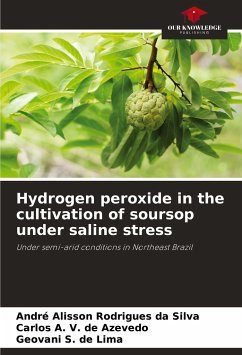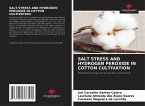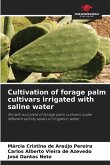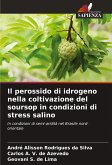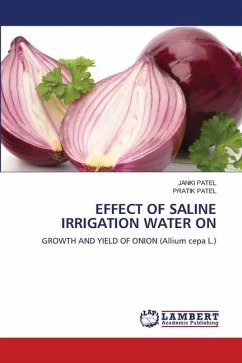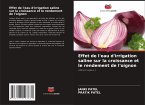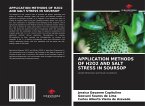The Northeast region of Brazil has been standing out on the national scene with the production of various fruits, especially tropical fruit trees, but the concentrations of salts present in the water in these areas affect the growth and development of the plants; thus making it necessary to look for alternatives for the use of this water in irrigation. Among the possibilities is the use of hydrogen peroxide, which can optimize the management of soil and/or saline water in irrigated agriculture. In this context, the aim of this study was to evaluate the emergence, growth, physiology and quality of soursop seedlings irrigated with saline water and exogenous application of hydrogen peroxide. The study was conducted in plastic bags under greenhouse conditions, using an Eutrophic Regolithic Neosol with a sandy loam texture in the municipality of Campina Grande-PB. The treatments were distributed in a randomized block design, in a 5 x 5 factorial arrangement, with five levels of electrical conductivity of the irrigation water - ECa (0.7; 1.4; 2.1; 2.8 and 3.5 dS m-1) and five concentrations of hydrogen peroxide - H2O2 (0, 25, 50, 75 and 100 µM), with four replications.
Bitte wählen Sie Ihr Anliegen aus.
Rechnungen
Retourenschein anfordern
Bestellstatus
Storno

